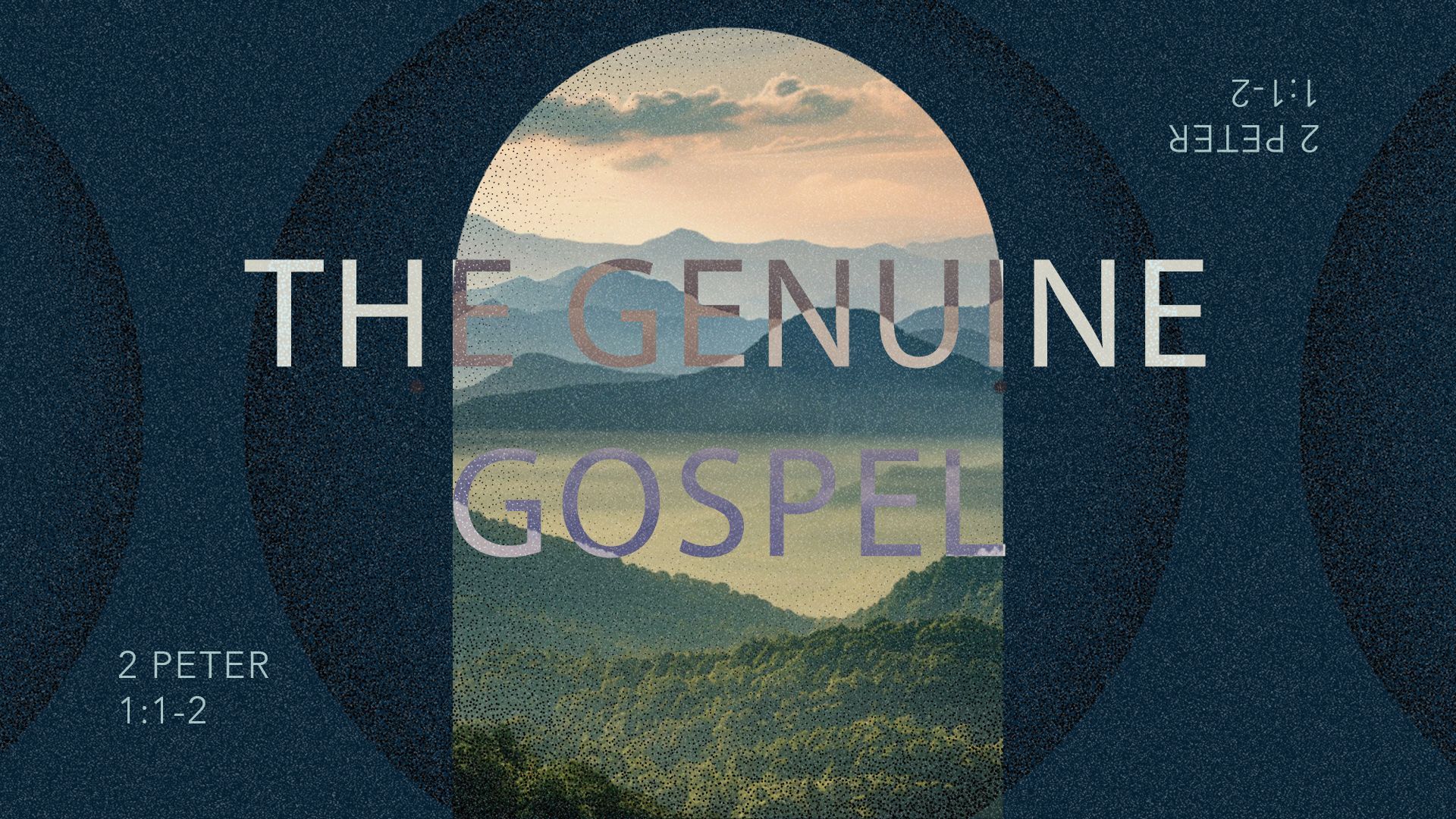July 29, 2025
Notes from Ky Martin's sermon on Sunday, July 27, 2025. Sermon text: 2 Peter 1:3-4 We have everything we need for a godly life. Sentence has: 68 words 9 prepositional phrases 5 dependent clauses God called us. “By His divine power” The word here is summon Like Lazarus, come forth. English readers are apt to understand calling in terms of an invitation that can be accepted or rejected. Peter has something deeper in mind. Christ’s call is effective, awakening and creating faith. -Thomas R. Schreiner 1 Peter 2:9 But you are a chosen race, a royal priesthood, a holy nation, a people for his own possession, that you may proclaim the excellencies of him who called you out of darkness into his marvelous light. By revealing Christ to us. “Through the knowledge of Him” Side note, ambiguity: The ambiguity in the text indicates that Peter does not clearly distinguish between God and Christ, which indicates that God and Christ were venerated equally. - Thomas R. Schreiner Excuses are Eliminated We need to note that this comes to us by grace, but also that we have a part to play here. Effort is not a 4 letter word. You have no excuse for: Pornography- You have everything you need. Substance Abuse- You have everything you need. Pride- You have everything you need Laziness- You have everything you need Anger- You have everything you need. Prayer and Scripture Reading- You have everything you need. Evangelism- You have everything you need. He’ll go on to mention supplementing He has given us what we need for godliness now, and He promises us even greater things to come. We will share in Christ’s Divine Nature 2 Pe 1:4 by which he has granted to us his precious and very great promises, so that through them you may become partakers of the divine nature Unusual word… The “divine nature” (Theos) appears only here and in Acts where Paul addresses the Areopagus an odd work choice and would have appealed to his pagan readers. Acts 17:29 Being then God’s offspring, we ought not to think that the divine being is like gold or silver or stone, an image formed by the art and imagination of man. Redefining what it means to become like God. Christ shared in our nature that we might share in His. 1 John 3:2 Beloved, we are God’s children now, and what we will be has not yet appeared; but we know that when he appears we shall be like him, because we shall see him as he is. In 1:3, it’s through the knowledge of Christ that we are called to Him. Here, we see that a fuller revelation of Christ will conform us even more fully into His likeness. How so? Purity Immortality Restoration to Eden Christians also share in God’s immortality. They are not trapped in this world. Though ‘perishable’ now, Christians will be raised ‘imperishable’ -Paul Gardner Glory John 17:22 The glory that you have given me I have given to them, that they may be one even as we are one, We have everything we need for a godly life. English readers are apt to understand calling in terms of an invitation that can be accepted or rejected. Peter has something deeper in mind. Christ’s call is effective, awakening and creating faith. -Thomas R. Schreiner 1 Peter 2:9 But you are a chosen race, a royal priesthood, a holy nation, a people for his own possession, that you may proclaim the excellencies of him who called you out of darkness into his marvelous light. The ambiguity in the text indicates that Peter does not clearly distinguish between God and Christ, which indicates that God and Christ were venerated equally. - Thomas R. Schreiner Excuses are Eliminated We will share in Christ’s Divine Nature Acts 17:29 Being then God’s offspring, we ought not to think that the divine being is like gold or silver or stone, an image formed by the art and imagination of man. 1 John 3:2 Beloved, we are God’s children now, and what we will be has not yet appeared; but we know that when he appears we shall be like him, because we shall see him as he is. Purity Immortality Christians also share in God’s immortality. They are not trapped in this world. Though ‘perishable’ now, Christians will be raised ‘imperishable.’ -Paul Gardner Glory John 17:22 The glory that you have given me I have given to them, that they may be one even as we are one. Discipleship Questions: 2 Peter 1:3 says we’ve been given everything we need for life and godliness… Do you find that verse encouraging, challenging or both? Are there any areas of your walk where you struggle to believe that you already have everything you need for success? Do you ever make excuses to yourself or others for a lack of godliness? If yes, explain. How much work does it take to live as a Christian? What does it mean that we will be “partakers in the divine nature”?





